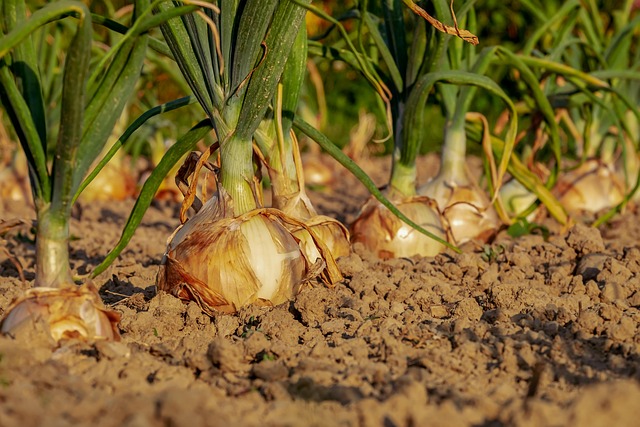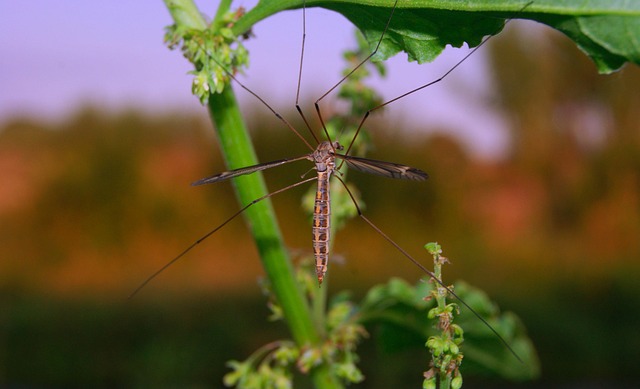If you dream of transforming your balcony into a lush oasis of greenery while contributing positively to the environment, sustainable balcony gardening may be your calling. With the rising consciousness about ecological issues and the need for green spaces in urban areas, cultivating ecological vegetables is both a fulfilling and responsible endeavor. Let’s explore some eco-friendly tips to help you embark on your gardening journey.
Understanding the Importance of Ecological Vegetable Cultivation
At its core, ecological vegetable cultivation is about respecting nature and working in harmony with it. Traditional gardening methods often rely on harmful chemicals and unsustainable practices, whereas ecological approaches prioritize biodiversity, soil health, and natural pest management. By choosing to grow your own vegetables on your balcony, you not only reduce your carbon footprint but also enjoy the incredible satisfaction of harvesting your fresh produce.
Choosing the Right Vegetables
When planning your balcony garden, consider vegetables that thrive in smaller spaces. Herbs like basil, parsley, and dill flourish in pots and containers, providing fresh flavors for your meals. Leafy greens, such as spinach, arugula, and lettuce, are also excellent choices since they grow quickly and can be harvested multiple times. Incorporating native plants can further support local ecosystems, attracting pollinators and beneficial insects to your green space.
Opting for Eco-Friendly Materials
Your gardening materials can greatly impact the environment, so make mindful choices. Use biodegradable pots or upcycle containers from your home, such as jars or old buckets. Opt for organic potting soil that is free from synthetic fertilizers and pesticides, ensuring that your vegetable cultivation process remains sustainable. You can also create your compost mixture using kitchen scraps, returning nutrients to the soil and preventing waste from ending up in landfills.
Watering Wisely
Water is a precious resource, so efficient irrigation methods must be implemented. Consider setting up a rainwater collection system or using a drip irrigation method that conserves water while still providing your plants with the moisture they need. Additionally, watering your plants early in the morning or late in the evening reduces evaporation, allowing for efficient water use.
Embracing Natural Solutions for Pests
In sustainable gardening, maintaining a healthy ecosystem is key to pest control. Introduce companion planting to help deter pests naturally; for instance, planting marigolds can repel aphids. You can also create homemade remedies such as a soap spray to combat insects while ensuring no harm comes to beneficial species. Encouraging birds and other wildlife into your balcony space will further contribute to keeping pest populations under control.
Creating a Green Sanctuary
Your balcony can become more than just a place to grow vegetables; it can evolve into a sanctuary for you and local wildlife. Incorporate vertical gardening solutions with trellises and hanging pots, allowing you to maximize space while still creating a cozy environment filled with greenery. Add comfortable seating to relish your handiwork, and invite friends or family to experience the joys of ecological vegetable cultivation together.
As you cultivate your balcony garden, you become an active participant in the movement towards sustainable living. By nurturing plants that supply nourishment not only for yourself but for the surrounding environment, you contribute to a greener planet. Start today, and watch as your little piece of paradise flourishes while aligning with the rhythms of nature.




